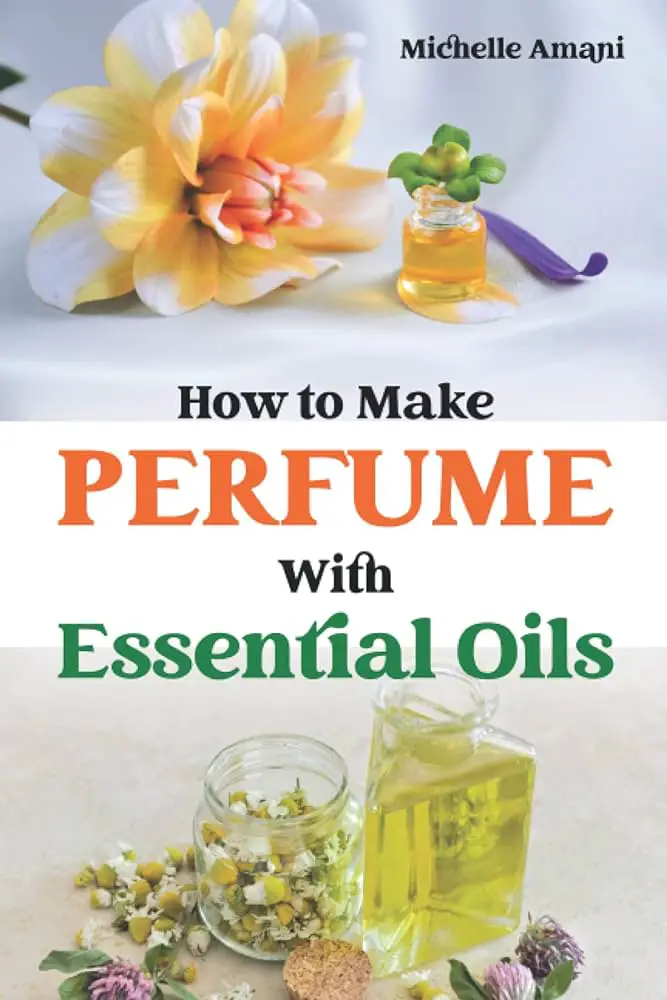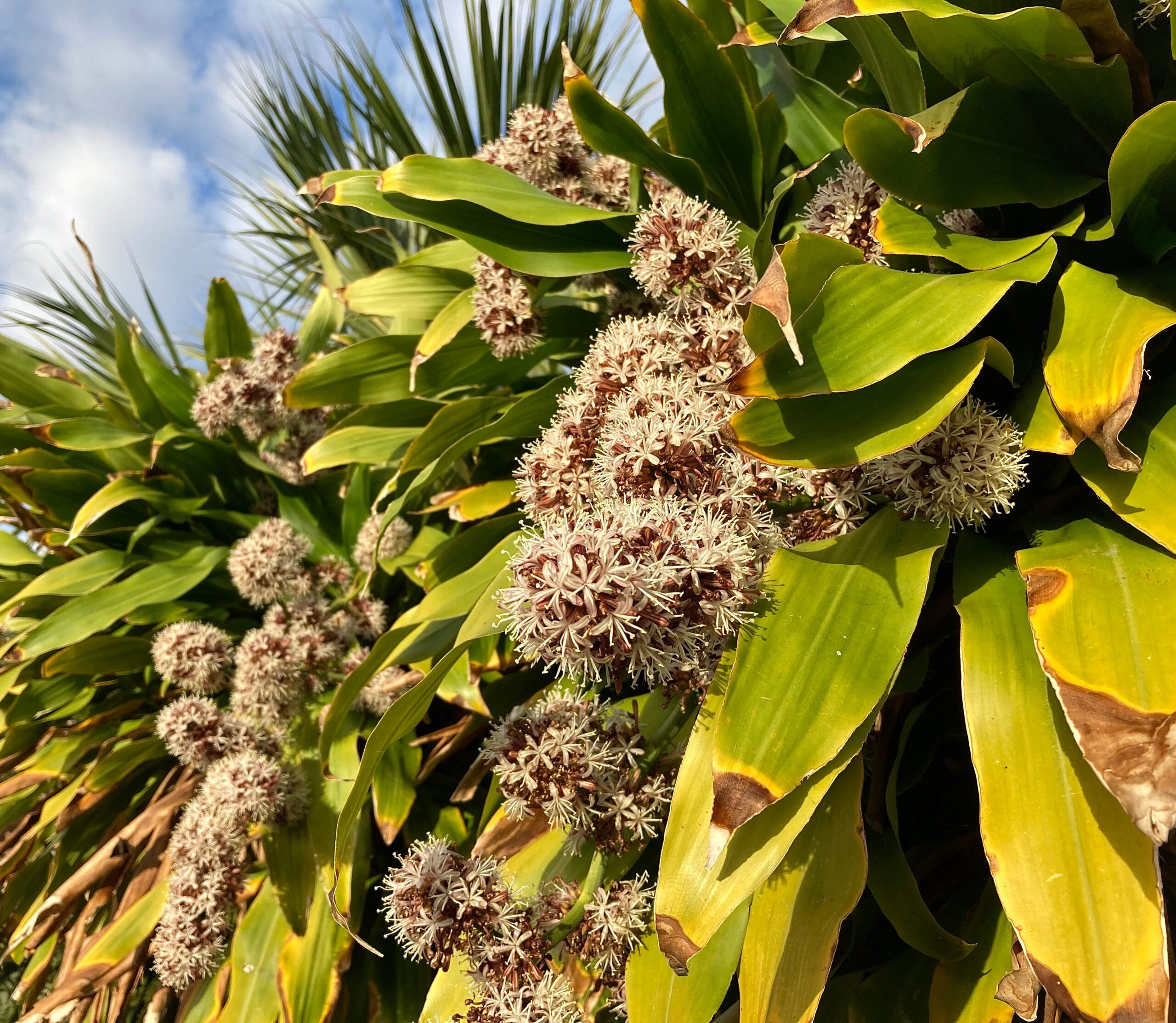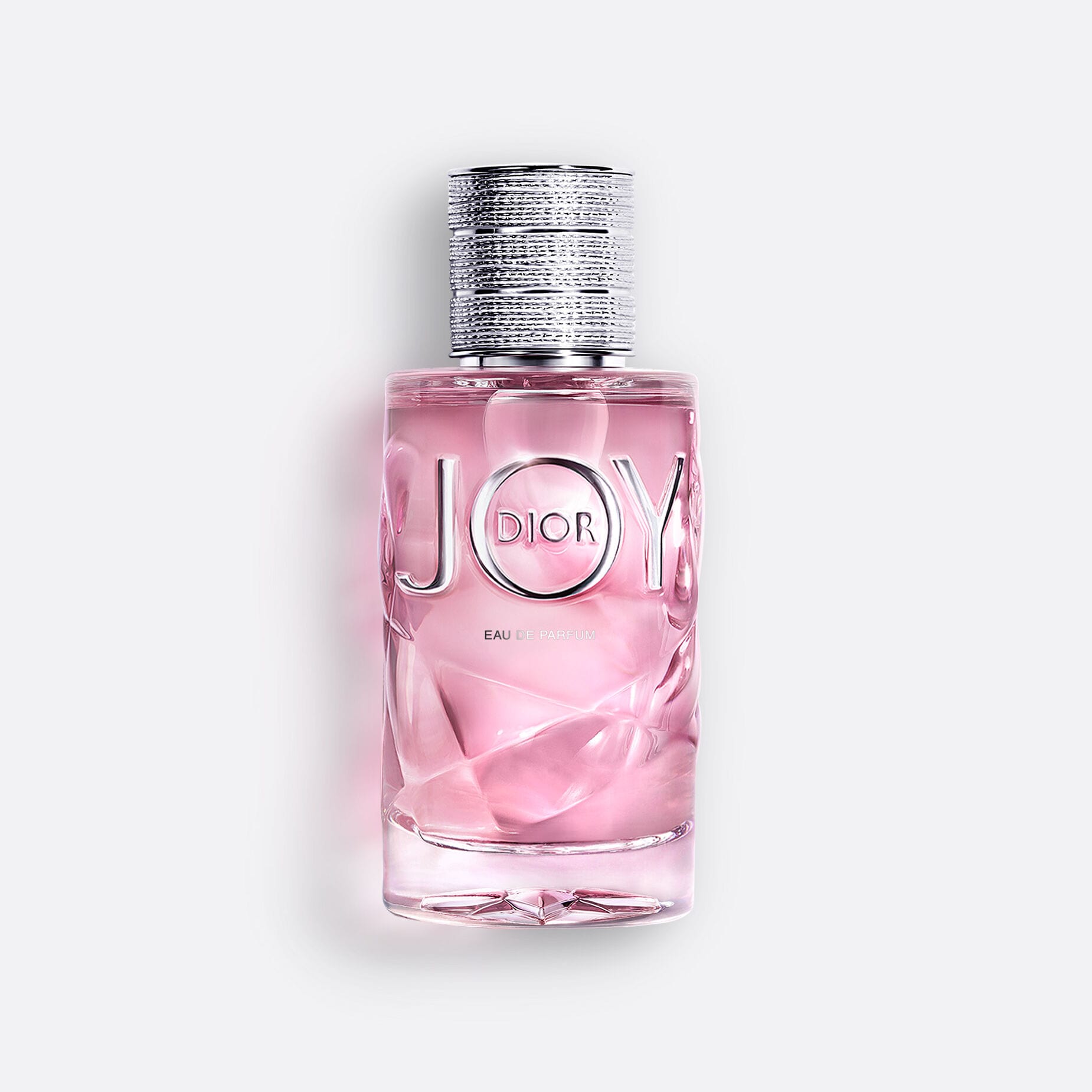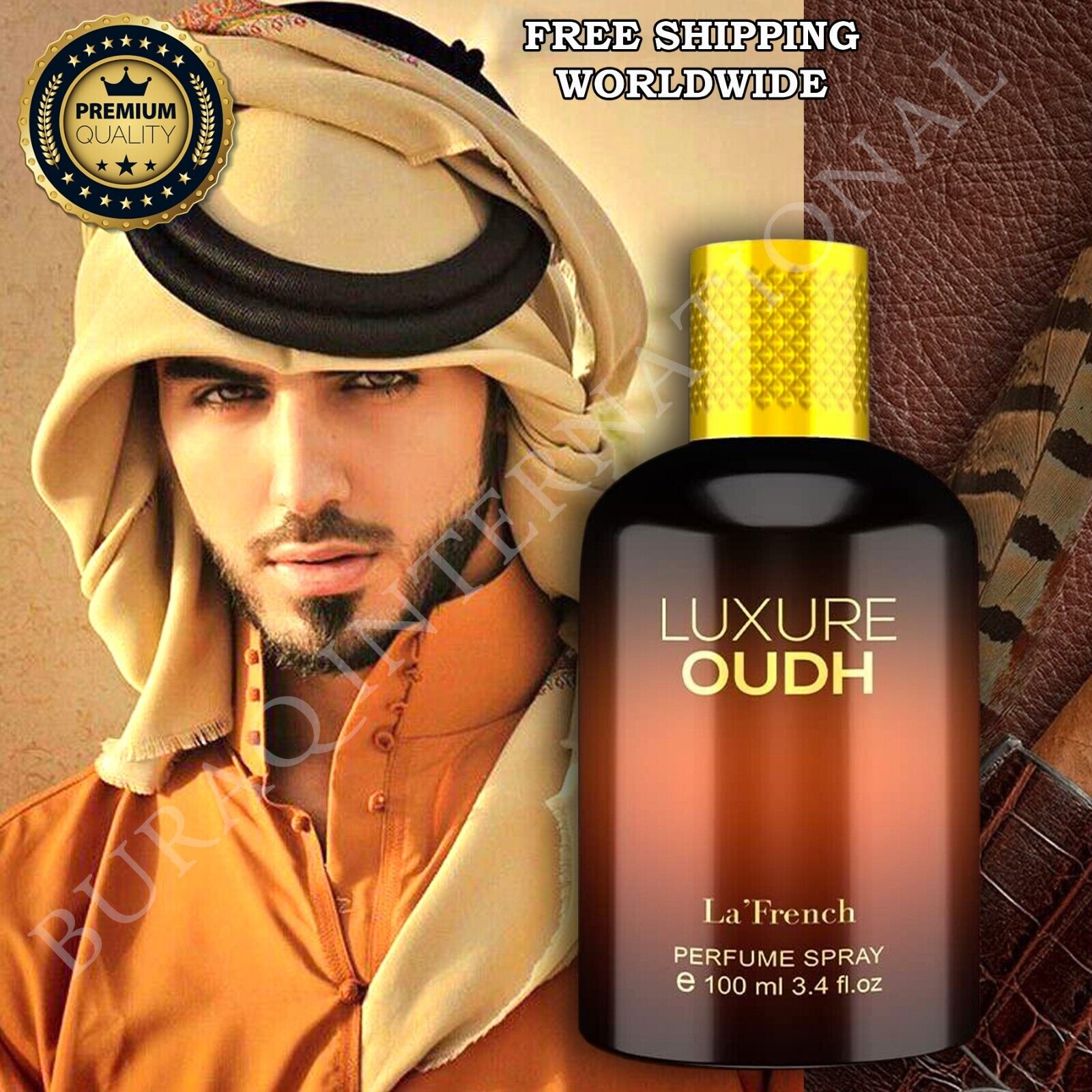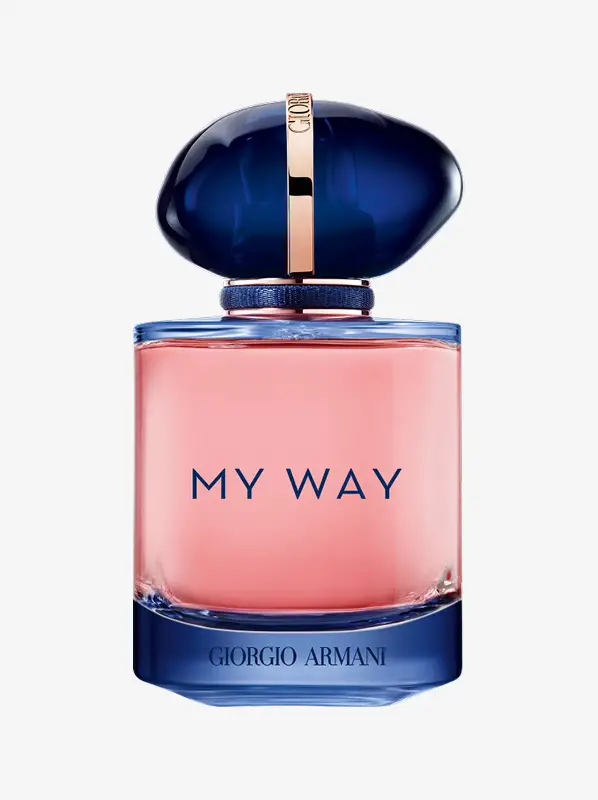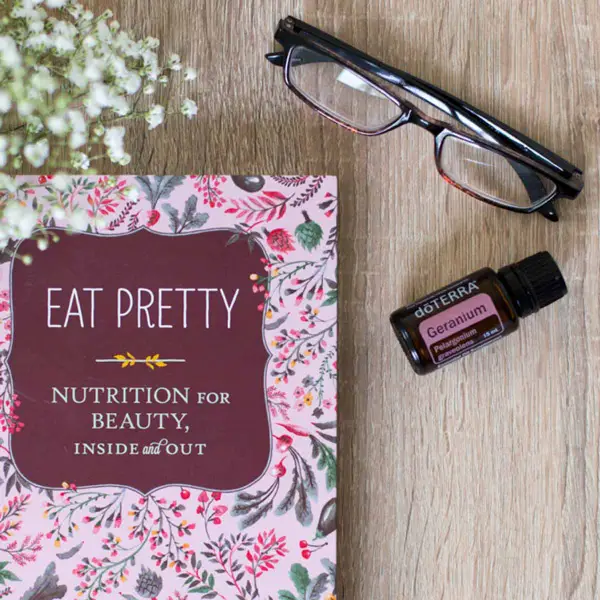This is a placeholder for the actual stylesheet link Other head elements like favicon, third-party scripts, and CSS files
Embrace the world of natural fragrances as you craft your very own essential oil perfume. Discover the joy and satisfaction that comes with blending the perfect aroma tailored just for you or a loved one. Here’s a comprehensive guide to getting started on your DIY perfume journey!
Understanding Essential Oils
Before diving into making perfume, it’s important to understand what essential oils are. Essential oils are concentrated plant extracts that retain the natural smell and flavor of their source. They are potent and should be used with care and respect. Here’s a quick overview of the essentials:
Additional rows as necessary| Oil | Note | Example Scents |
|---|---|---|
| Lavender | Top/Middle | Floral, Fresh |
| Eucalyptus | Top | Minty, Sharp |
| Sandalwood | Base | Woody, Earthy |
When making perfumes, we divide essential oils into top, middle, and base notes. Top notes are the most volatile, evaporating quickly and providing the first impression. Middle notes, or heart notes, form the main body of the perfume. Base notes are the heaviest and longest-lasting.
Gather Your Supplies
Before you begin, let’s ensure you have everything you need to craft your signature scent. Here’s a simple checklist:
- Essential oils of choice (top, middle, and base notes)
- A carrier oil (like jojoba oil, sweet almond oil, or grape seed oil)
- A small glass bottle or rollerball bottle for storing your perfume
- Pipettes or droppers for precise measurements
- Alcohol (vodka or pure ethanol) – optional for sprays
- Distilled water – optional for sprays The list continues as necessary
Creating Your Perfume
Now that you have your supplies, you can start the exciting process of creating your perfume. Follow these steps:
- Choose Your Notes: Decide on the combination of essential oils you want to use. A conventional perfume structure is 30% top notes, 50% middle notes, and 20% base notes.
- Blending: Start by adding your base notes, then middle notes, and finally top notes to the carrier oil. Use a few drops at a time and keep track of your recipe.
- Dilute: If you’re making a roll-on perfume, your carrier oil will act as a diluter. For a spray, mix alcohol with your essential oil blend—alcohol helps to evaporate the scent on your skin more slowly.
- Rest Your Perfume: Allow your blend to rest in a dark, cool place for at least 48 hours up to six weeks. This aging process lets the scents meld and mature.
- Final Touches: If you’ve made a spray, you can now add distilled water to dilute it further, if necessary. Then, filter the mixture and pour it into your final bottle. Additional steps as necessary

Credit: www.booksq.com
Tips and Tricks for the Best DIY Perfume
- Be Patient: The scent will develop over time. Don’t rush the aging process to achieve the best fragrance profile.
- Document Your Blends: Keep notes of your combinations and ratios to recreate or tweak them later.
- Less Is More: Essential oils are potent, so start with smaller amounts and adjust as needed.
- Test for Allergies: Always do a patch test on your skin to ensure you don’t have an allergic reaction to the oils. Additional tips as necessary

Credit: www.amazon.com
Perfume Recipes to Try
Here are a few recipes to inspire your own creations:
- Fresh Citrus Delight
- Top Notes: Sweet Orange (10 drops), Lemon (5 drops)
- Middle Notes: Rose (15 drops), Jasmine (10 drops)
- Base Notes: Vetiver (5 drops)
- Woody Spice
- Top Notes: Bergamot (8 drops)
- Middle Notes: Cinnamon (12 drops), Cedarwood (10 drops)
- Base Notes: Patchouli (5 drops), Vanilla (5 drops) Additional recipes as necessary
Frequently Asked Questions
What Is Essential Oil Perfume?
Essential oil perfume is a fragrance made using concentrated plant extracts, providing natural scents without synthetic chemicals.
How To Dilute Essential Oils For Perfume?
Dilute essential oils with a carrier oil, like jojoba or almond oil, typically at a 2%-10% concentration based on personal scent strength preference.
What Are Top Essential Oils For Perfume?
Popular essential oils for perfume include lavender, rose, jasmine, vanilla, and sandalwood, known for their delightful and distinct aromas.
Can Essential Oils Cause Allergies In Perfume?
Yes, essential oils can cause allergies or skin sensitivities, so it’s advisable to perform a patch test before using a new essential oil blend.

